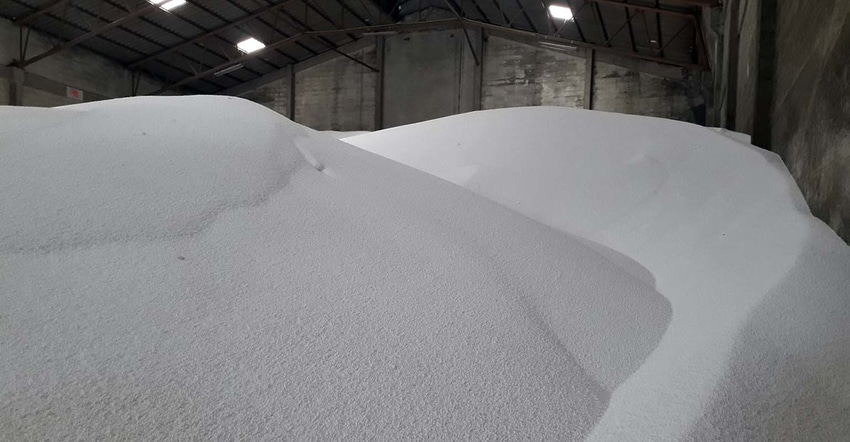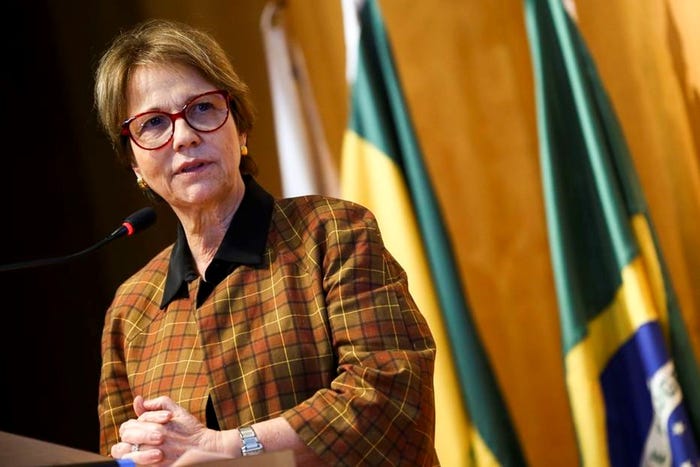
Brazilian agriculture depends on imported fertilizers, since our soils, especially from the Cerrado region, lack the main essential nutrients to produce crops. During the last season, farmers have already faced a worrying situation due to price increases, and have cut fertilizer rates to compensate.
In general Brazilian farmers had been increasing nutrient applications for years, so for one season they were able to reduce usage without huge effects on yield. But how long can they maintain these lower rates?
They may have to, since some 22% of Brazil’s fertilizer is imported from Russia (2021 figures).
The situation is causing many in Brazil to ponder whether current production methods here are truly sustainable, or if management can evolve to make cropping systems more robust and regenerative. Brazil’s reputation as a huge commodity producer and exporter may weigh in the balance as the world faces increasing shortages due to tight supplies, strong demand and the war in Ukraine.
Until more sustainable methods are developed and applied, much of the world’s food will need to be produced with mineral fertilizers. According to the United Nations Food and Agriculture Organization, “We will not be able to feed 10 billion people in 2050 without the usage of mineral fertilizers.”
Current scenario
Even before the war in Ukraine, fertilizer prices were rising due to global logistical problems, sanctions to Belarus, and absence of China in the market since October. But last Friday, markets reported that the price of Urea had increased 42% and phosphorus 16%, common components of fertilizers used in Brazil.

The Brazilian Agriculture Minister, Tereza Cristina, said last week that “Brazil imports fertilizers from different countries across the globe, and we now have to figure out alternatives to replace these countries if needed.” She finished by saying, “Of course the current situation is worrying, because Brazil is a big importer of fertilizers. But we are trying to manage the situation.”
The opinions of the author are not necessarily those of Farm Futures or Farm Progress.
Read more about:
BrazilAbout the Author(s)
You May Also Like






